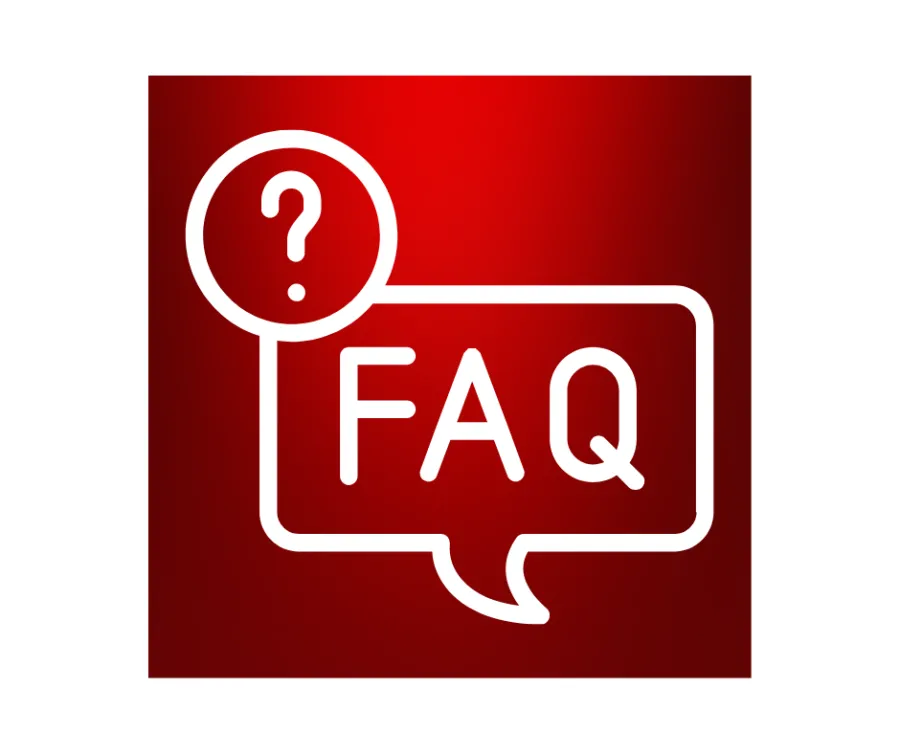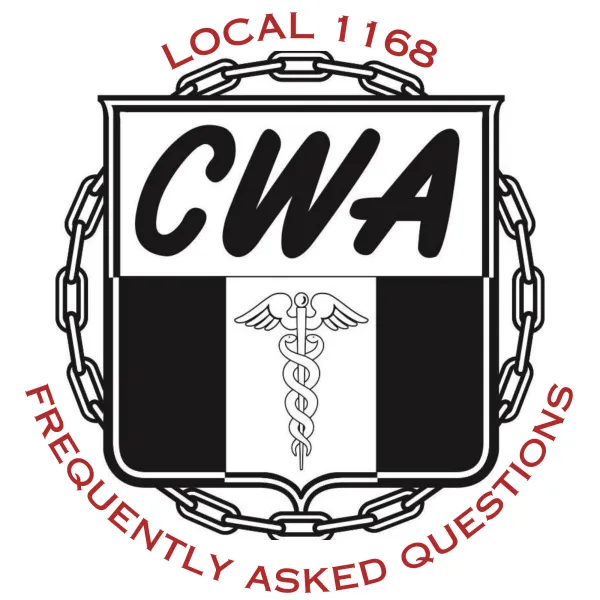Frequently Asked Questions

What do I do if I have issues at work?
We of course encourage members to enquire with their managers to have questions answered. Obviously, this can only go so far. If you feel that you are not getting answers to your questions, or that the contract is being violated, CALL US! Sometimes issues arise in the workplace and management may tell you “the Union is aware.” Often we are not. Please call the office. Depending upon what type of issue you are facing, different steps will be taken starting from the time you call the office. We have Chief Stewards that staff the office Monday through Friday to take calls and answer questions from members.
How do I contact the Union?
You can start by calling the office. You will be asked what your job title is and where you work. We will try to have a Chief Steward from your own bargaining unit take the call when possible. The Chief Steward will then start by asking for your contact information. Some members respond with “you have my phone number/ address etc.” We need to be sure our system is up to date. Other members say “it’s just a quick question, why do I have to give you my name?” The information you share stays in the office. However, we have our own internal records we must complete. We need to do this to show we are doing the work we say we are. Additionally, your “quick question” can uncover a bigger issue and we need to have our facts straight and a paper trail established throughout the entire process.
Where can I get a copy of the contract?
When a new contract is ratified, typically representatives from the Local will devote time to distributing contracts and answering questions at each site. At any time each contract is available on our website. If you would like a printed version of the contract, please call the office.
How much do we pay in dues?
Our dues are calculate at 1.41% x your hourly wage x total hours in your FTE. What does this mean? If you are a full time employee, this works out to be approximately 1 hr of your wages every two weeks. So if you make $15/hr and you work three 12 hrs shifts per week, you pay 14.49/ pay period. We do not take dues out of any shift differential, overtime, or other bonus you earn.
Who does our local represent?
The Communications Workers of America Local 1168 currently represents the following bargaining units:
- Abolut of Gasport LPN
- Buffalo General Medical Center Professional, RN and TCC
- DeGraff Memorial Hospital Professional RN and TCCS
- Family Pharmaceuticals (Kaleida)
- Flint Road Professionals
- Millard Fillmore Suburban Hospital RN and TCC (this includes Flint Rd.)
- Millard Fillmore Surgery Center
- Planned Parenthood CNY Clerks and Professionals
- Planned Parenthood WNY Clerks and Professionals
- St. Joe’s RN and Service
Is everyone who works in the office elected by the membership?
The officers, who include President, Executive Vice President, two Vice Presidents, and one person who functions as the Secretary and Treasurer, along with the Area Vice Presidents, are elected for three-year terms. The local also has four special directors who are appointed by the president. They oversee the following areas: Communication/Education, Health/Safety, Organizing/Mobilizing, and Political/Legislative. We currently have two full time administrative assistants as well as a full time book keeper who are hired by the Executive Board. They are represented by the UAW. At this time we also have 3 organizers who are paid in part by the Local and in part by a grant.
How is the money I pay for dues used?
Your dues are used 100% for the administration of the Union. We are in the business of representing our members, but it costs money to run a business. Dues pay for the cost of the building, utilities, taxes, office equipment and supplies, postage, salaries for our administrative staff and the executive board (our hourly pay is the same as it would be in the hospital) etc. The budget is presented at each membership meeting. We invite you to attend and ask questions about the operation of the Union and any other questions you may have!
The federal government has laws in place about the administration of Unions and about how we handle money.

